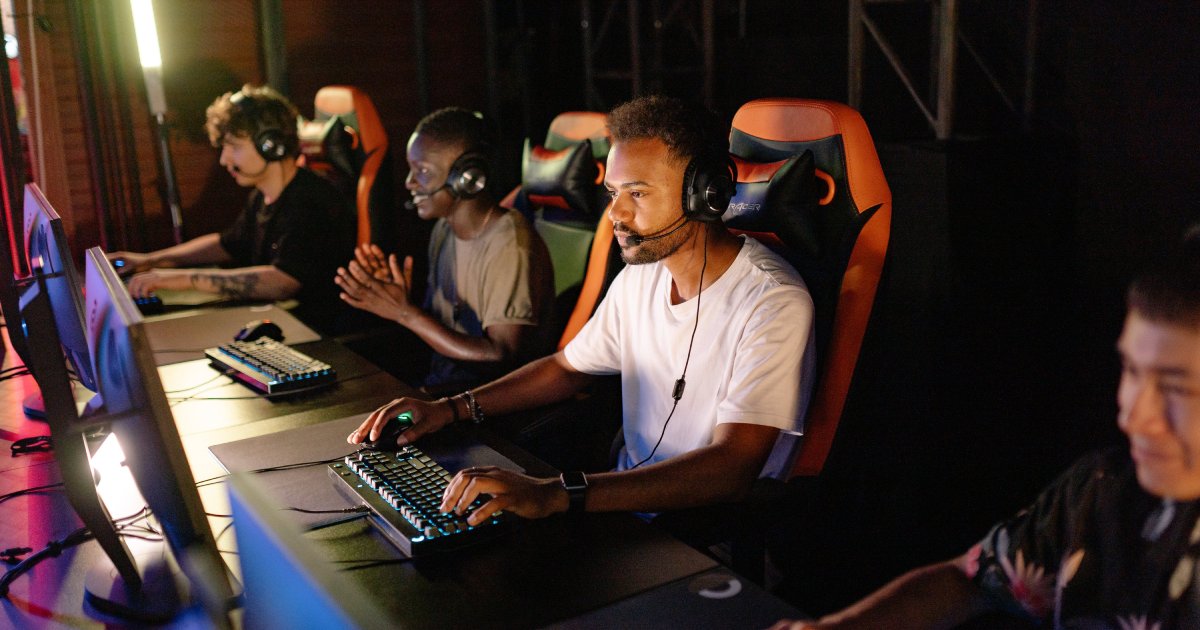
Increasing Representation in Videogames
In an era where the film and television industry has made significant strides in improving diversity, equity, and inclusion (DEI), the videogame business is lagging.
“Changing the Narrative: Why Representation in Videogames Matters,” a recent study from the Geena Davis Institute on Gender in Media, reported a lack of representation in gaming. This lack of representation needs to be addressed, the report posits, to better reflect the diverse community of gamers around the world and appeal to new consumers.
In addition to increasing representation within videogames, the industry also needs to address a historical lack of diversity in game development teams. According to a 2021 report from the International Game Developers Association, only 21% of developers identify as female, only 9% identify as LGBTQ+, only 6% identify as Black or African American, and only 3% identify as Hispanic or Latinx.
“The stories we tell about the people and characters that inhabit these [videogame] worlds, build culture and shape who we are and who we want to be,” said Jayashri Wyatt, Chief of Educational Outreach for the United Nations Department of Global Communications, at Licensing International’s recent Reframing Representation in Videogames conference in New York. “We have an opportunity to think internationally about the stories being created.”
Among the challenges the videogame industry faces as it continues to work to integrate DEI into its products is the issue of toxicity within the gaming community, which can result in players facing discrimination. The answer may lie in education and awareness programs to ensure developers understand the importance of DEI and how to incorporate it into titles. To support these efforts, the Geena Davis Institute has formed a Gaming Advisory Council with a focus on DEI.
“How do you use an intersectional lens while creating characters?” asked Madeline Di Nonno, President of the Geena Davis Institute on Gender in Media. “When you think about a character’s race, gender, and what experiences they bring into that world, that can challenge stereotypes.”
The challenging of stereotypes will be key to game development moving forward if videogames are to attract a more diverse audience. For example, 69% of female gamers report that female characters are oversexualized. This is significant, Di Nonno said, because a character’s embodiment in a game can have real-world consequences. For example, the young girls and women playing sexualized avatars in videogames can internalize that objectification.
“It’s hard to ignore the perception of the gaming industry and toxicity that has been out there,” said Doug Rosen, SVP of Games and Emerging Media at Paramount Global. “A lot of work has been done to tackle it, but the perception is still there. You must approach it from a capital and developer standpoint. You need to work with someone with a unique point of view and support it [to] amplify people, bridge the gap, and be a connector.”
This also requires that DEI be considered at every stage of game development, from conception to release, gaming industry executives said. Within the games themselves, that can include everything from designing more diverse characters to creating storylines that address social issues like discrimination and prejudice.
A number of companies have already implemented changes. In 2017, Microsoft launched an Inclusive Design initiative that promotes accessibility, diversity, and inclusivity in game development. Electronic Arts in 2020 established an equity and inclusion group to support employees. Google for Games also has diversity pledge on its web site. Some licensing executives argued, however, that smaller companies have seen more success in improving inclusion because they are more likely to work with diverse developers that have less experience.
“The lesson to learn from independent studios is to cast a wider net,” said Chris Algoo, Co-Founder of the Game Devs of Color Expo. “There are so many talented developers out there that no one knows about because they don’t have the funding. You must search for different pools of talent and for broader areas.”

















